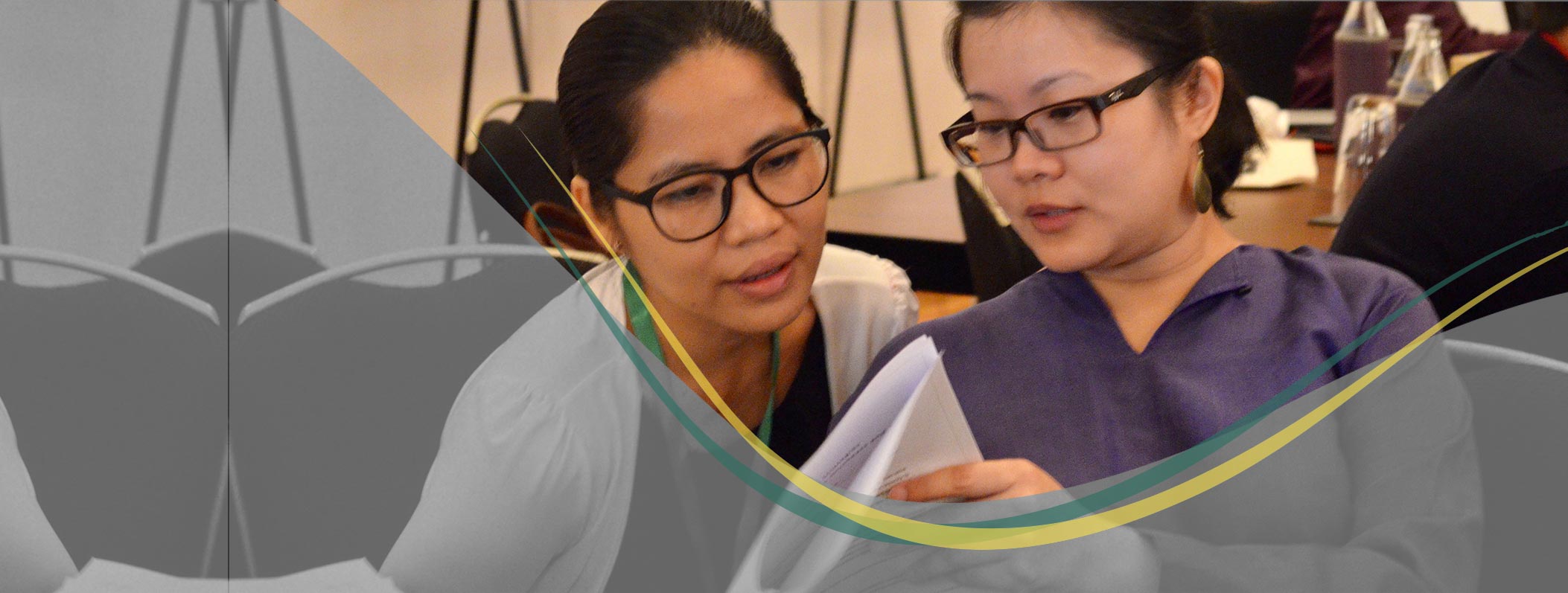Autonomy, Decisions and Sexual Rights
Since its launch in 2013, this thematic - previously called Young Women’s Leadership - focused on young women’s voices and placed their leadership at the centre. This thematic evolves from our earlier work on supporting interventions challenging early and child marriages in South Asia. However, our aim was to move the prevailing discourse beyond child marriage, and draw the focus to and give equal space to young women’s autonomy and decision-making, building their voices and leadership.
In the past several years, our partners’ work has highlighted that as a constituency of our work, the leadership of young women is not a standalone piece, as they work on a range of inter-sectional issues. Therefore, working with young women and second line leadership will be an overarching priority across portfolios; with this thematic bringing a substantive focus on bodily autonomy and decision-making for women, girls, trans, and intersex people.
Sexual rights are an inalienable part of human rights and are central to the realisation of the highest standard of human rights for all. Sexual rights include comprehensive sexuality education, decriminalisation of contraception and abortion services, gender equality, reproductive rights, protection from gender based violence, recognition and protection of diverse gender identities, expressions, sexual orientation, rights of intersex people, people living with HIV/AIDS, sex workers and sexual rights of young people. In order to comprehensively address issues of sexuality and bodily autonomy, a rights based approach is key to ensuring focus on sexuality in an affirming way. Through this thematic SAWF supports initiatives that are led by women, girls, trans, and intersex people and focus on amplifying voices on a range of issues on sexuality, decision-making, and bodily autonomy.
Over the years, WFA has supported various groups that have worked on the sexual rights of disabled women and girls, LBT rights, rights of Dalit women, migrant women and people living with HIV; and on issues of sexuality, gender discrimination, reproductive rights, early and forced marriages.
Some of the key strategies supported under this thematic are:
- Building perspectives, raising awareness and understanding on feminist principles on sexuality and gender
- Promoting/supporting the engagement and decision-making of women, girls, trans, and intersex people, particularly from marginalised, rural, disadvantaged communities
- Supporting spaces for collaborations, discussions, exchange and learning at local, national, and regional levels
- Supporting activists’ travel and participation in regional feminist spaces



